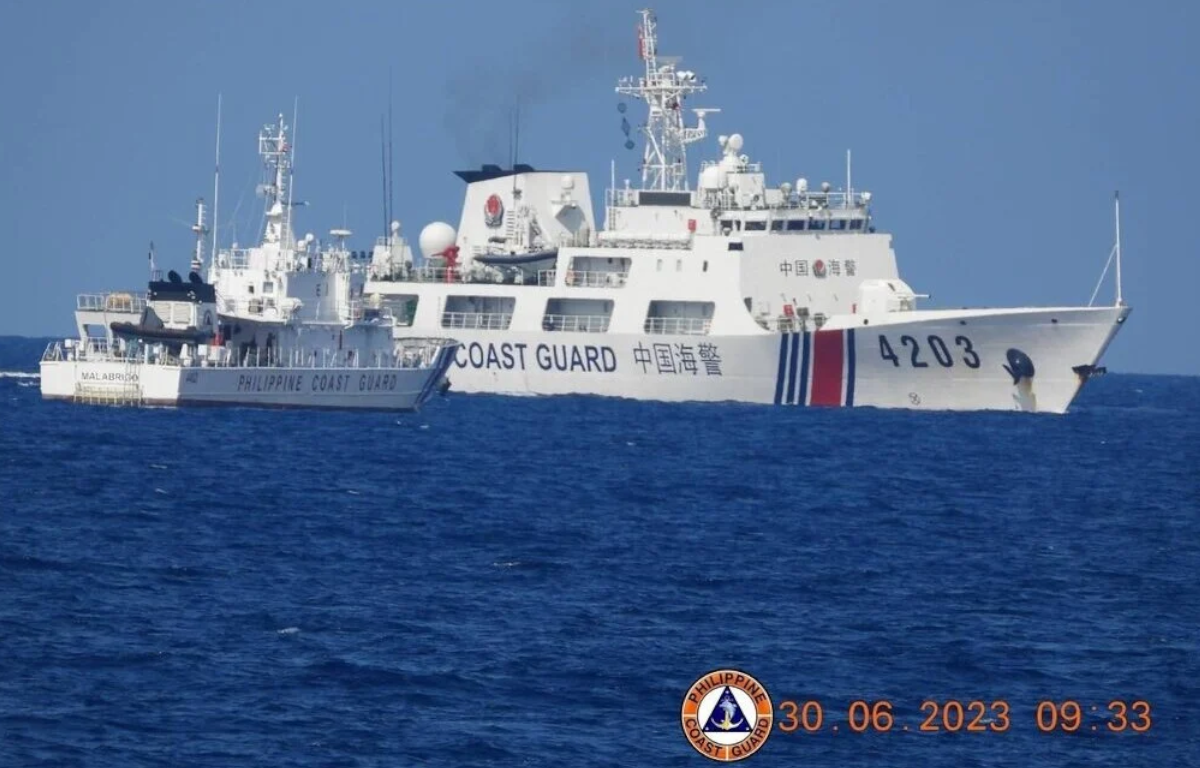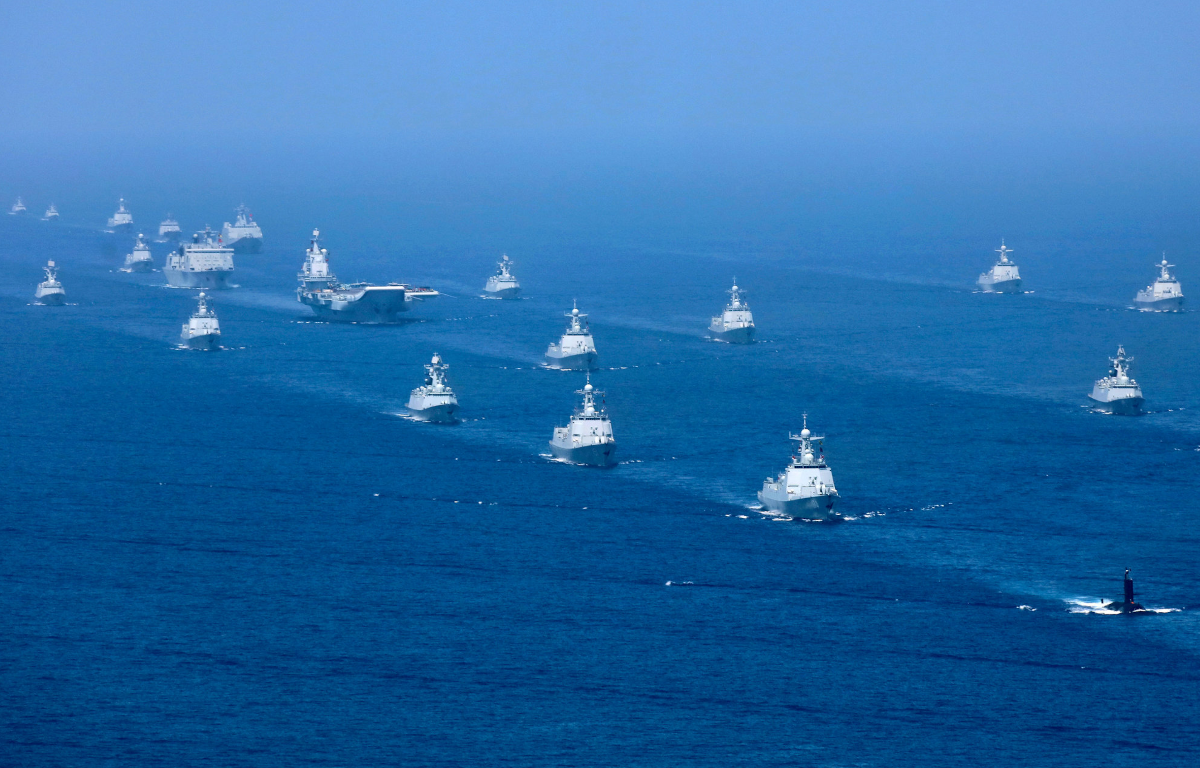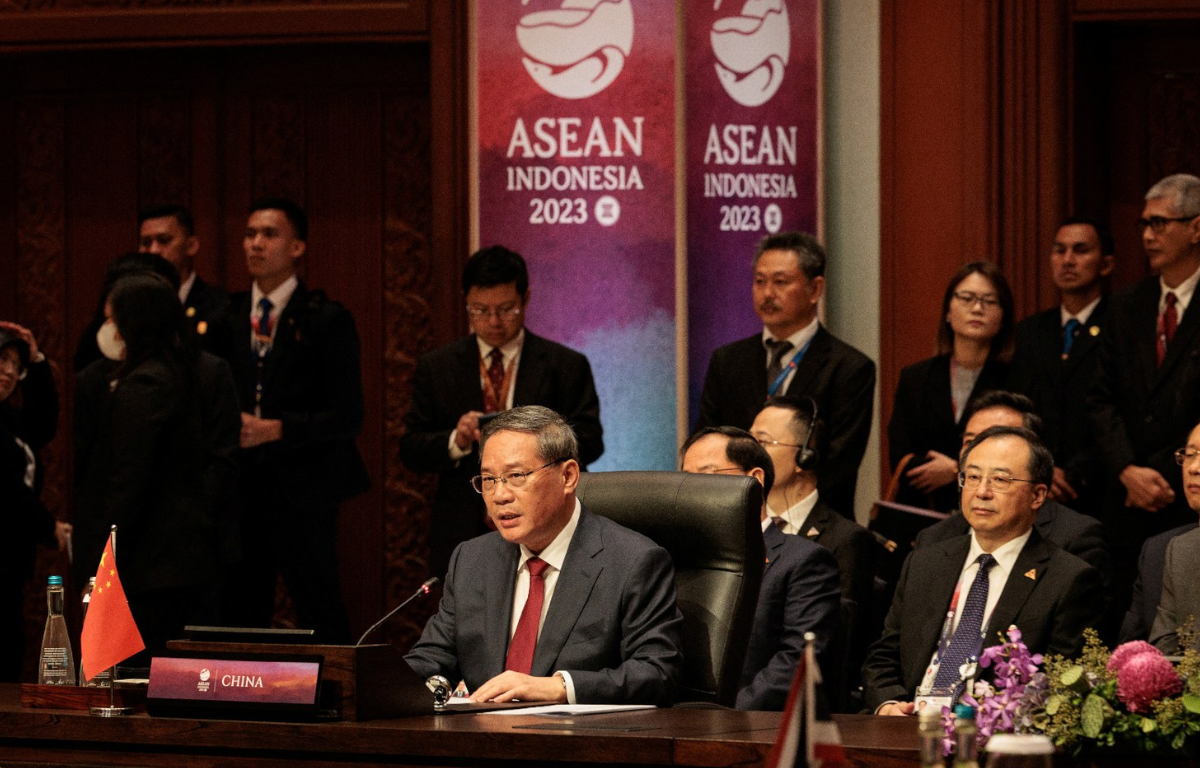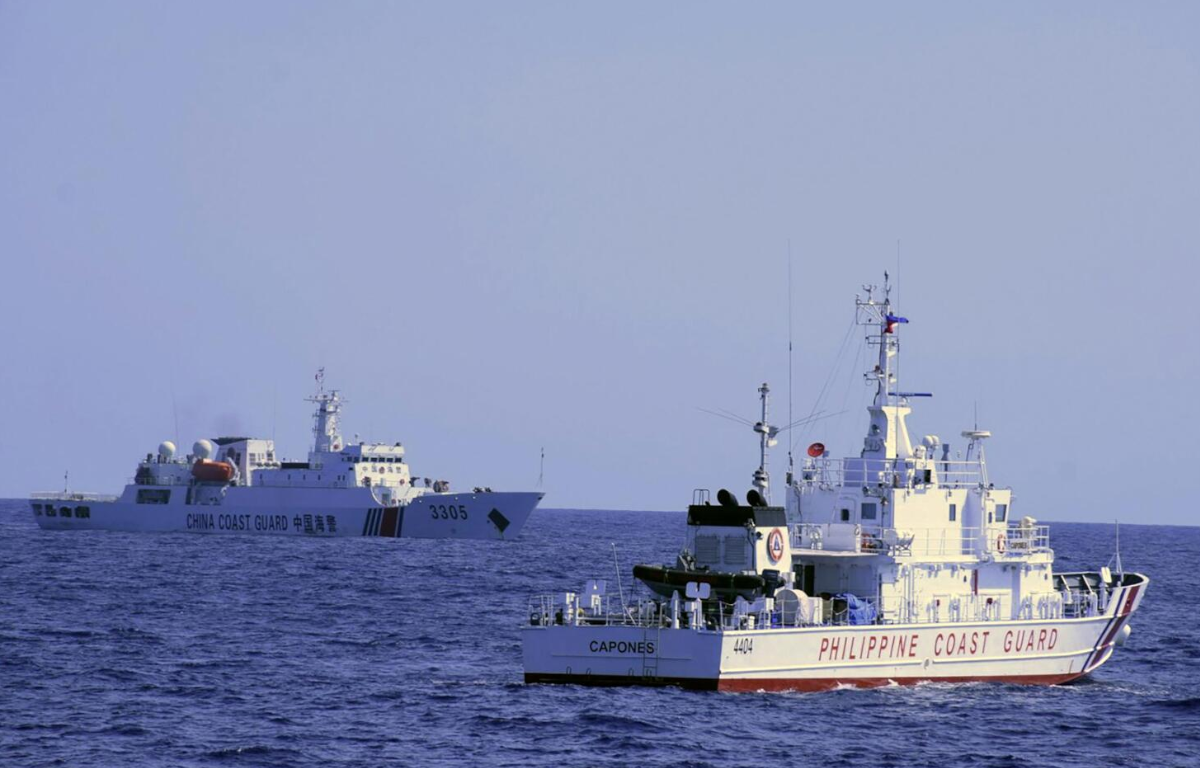
Unveiling the formidable challenges faced by fishermen in the West Philippine Sea (WPS), the Bureau of Fisheries and Aquatic Resources (BFAR) presents a gripping report on the factors impeding the WPS share in fisheries output. Delve into the profound implications for the fishing industry and the urgent need to sustain this invaluable ecosystem.
Navigating through treacherous territorial disputes and stifling access limitations reveals the daunting hurdles obstructing the WPS share in fisheries output. The murky waters of conflicting maritime boundaries and elusive fishing rights deter courageous fishermen from venturing into their time-honored fishing grounds. Moreover, the menacing presence of foreign vessels ratchets up maritime security concerns, leaving these intrepid seafarers vulnerable to illegal, unreported, and unregulated (IUU) fishing practices. These formidable factors cast a long shadow over fishing activities in the WPS, shackling access to the bountiful resources that lie beneath its waves.
The WPS, like a majestic colossus battling environmental degradation and climate change, finds its fisheries potential teetering on the precipice. Overfishing, rampant pollution, and unrelenting habitat destruction have dealt a devastating blow to fish populations, while the unyielding forces of climate change amplify this ecological cataclysm. Rising sea temperatures and acidifying oceans further intensify these adversities. The cumulative effect of these environmental perils ensnares the WPS, curbing its fisheries output and imperiling the very livelihoods of those who depend on its sustenance.
Embedded within the WPS’s tumultuous seascape lies a haunting lack of infrastructure and support, compounding the trials faced by its valiant fishermen. The remoteness of coastal communities, like forgotten bastions of resilience, has deprived them of reliable transportation networks, adequate storage facilities, and modern processing centers. This glaring absence stifles progress along the value chain, preventing these courageous seafarers from reaping the rewards of their arduous labor. Markets remain elusive, and the absence of post-harvest facilities denies them the chance to unlock the full potential of their precious catch. It is imperative to channel investments into bolstering infrastructure and fortifying support systems, empowering these communities to thrive amidst adversity.
A concerted effort and unwavering collaboration among nations is the key to surmounting these formidable challenges. Carving out common ground and steadfastly implementing conservation measures can pave the way for resolving territorial disputes, nurturing sustainable resource management practices, and safeguarding the fragile WPS ecosystem. Concurrently, strategic investments in infrastructure and support services will catalyze the transformation of the WPS fishing industry, providing a lifeline for the intrepid fishermen who brave its tempestuous waters. Together, we can unravel the latent fisheries potential of the WPS, breathing life into coastal communities and forging a sustainable future for this aquatic treasure trove.










Share this: